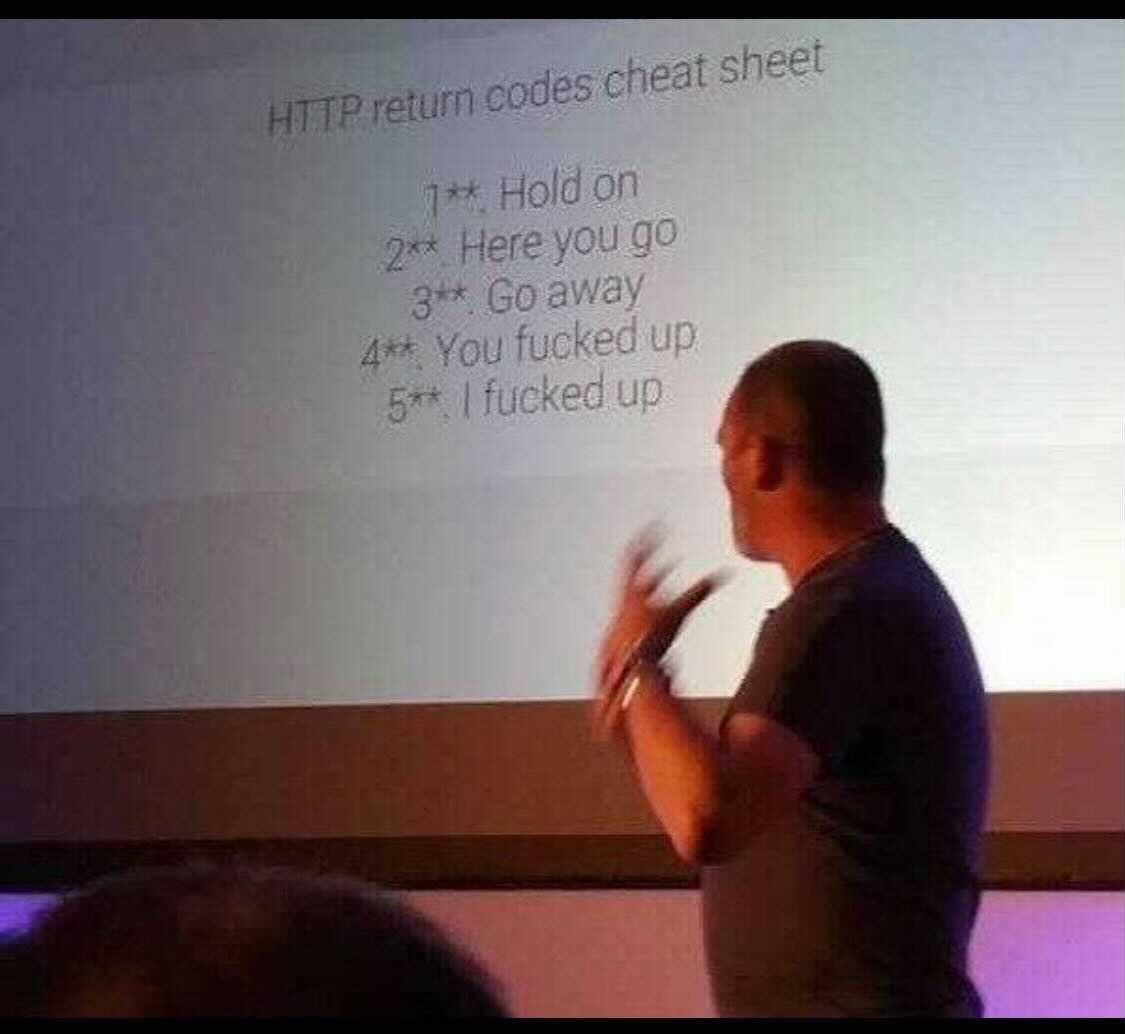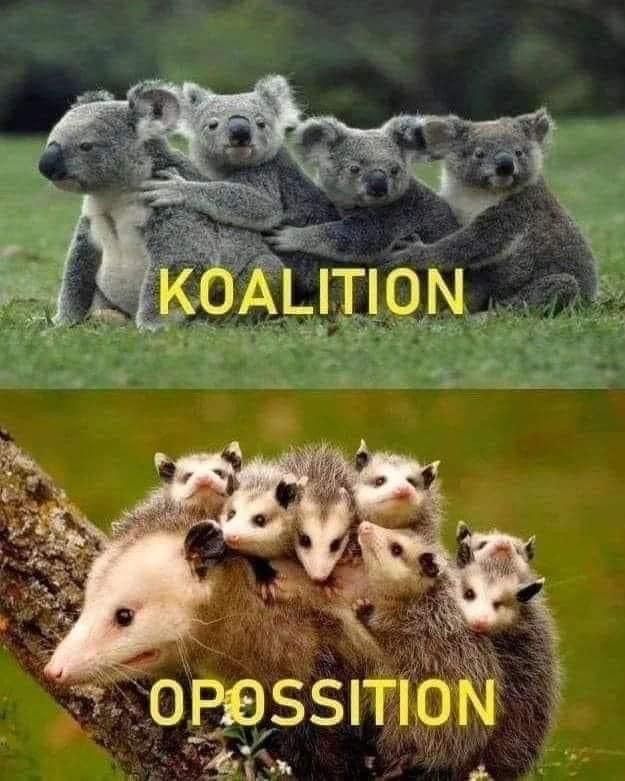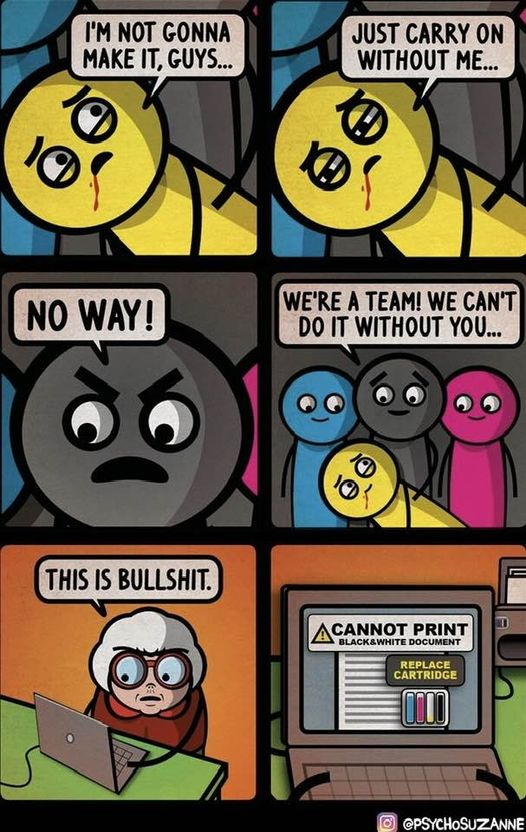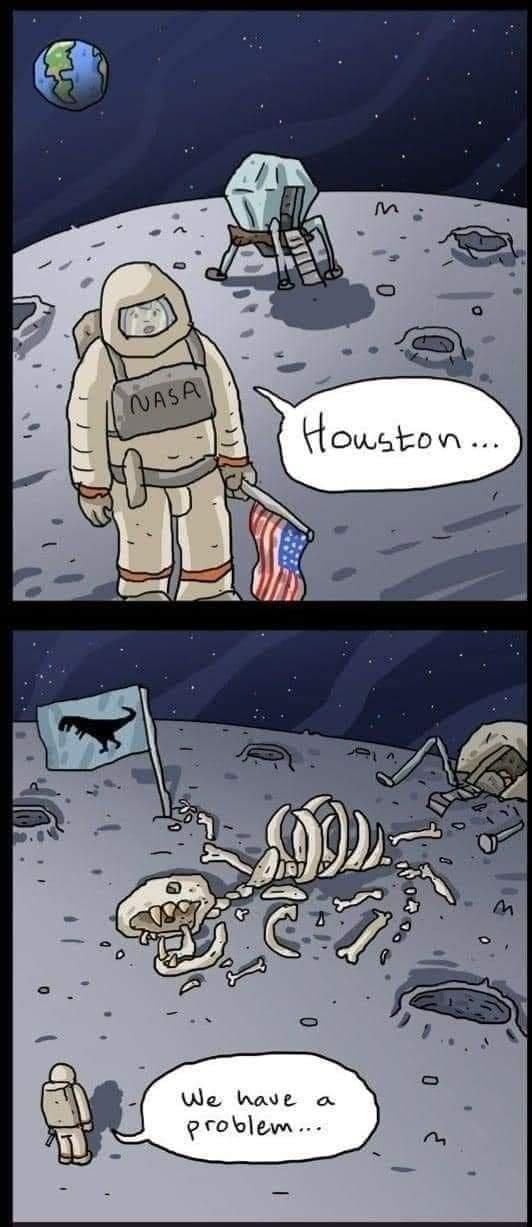Random Thread - Anything Goes
-

-

-

-

-
Just schedule time off,… use it or lose it…. I have to use eleven days before 5/31,… and I will still carry over time.
Mostly four day weeks for two months. Guess I need an excuse not to do things at home now.
-
@gjacobse I just got back from working in Belize!
-
@scottalanmiller said in Random Thread - Anything Goes:
@gjacobse I just got back from working in Belize!
Speaking of Belize....
-

-

-

-

-

-

-

-

-

-

-

-
How's everyone doing out there in Mango Land?
-
@garak0410 said in Random Thread - Anything Goes:
How's everyone doing out there in Mango Land?
Sitting at work bored out of my mind. They dangled that 5% of billable hours logged when I was considering the job. Found out after I started that they really don't have the business to make any billable hours.
